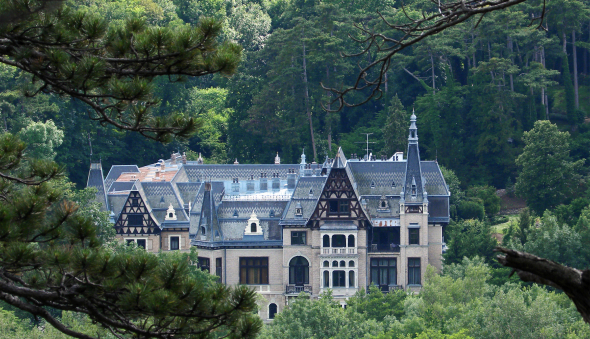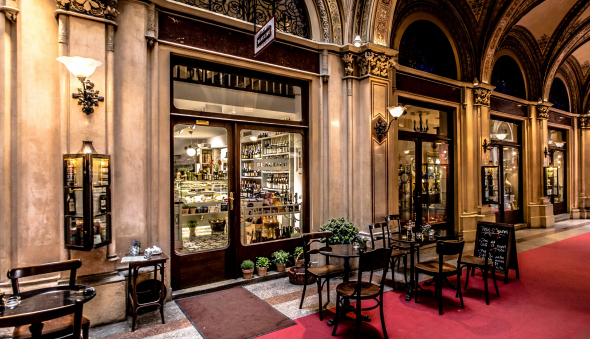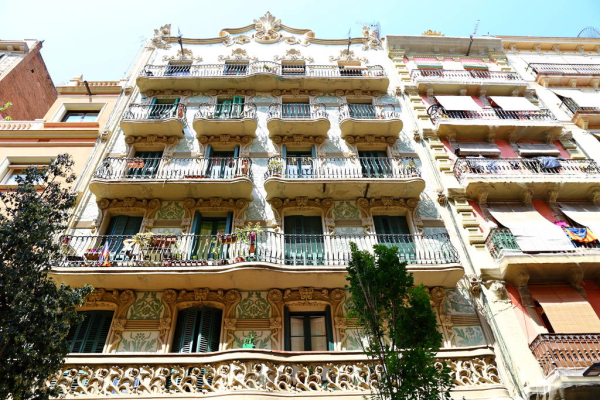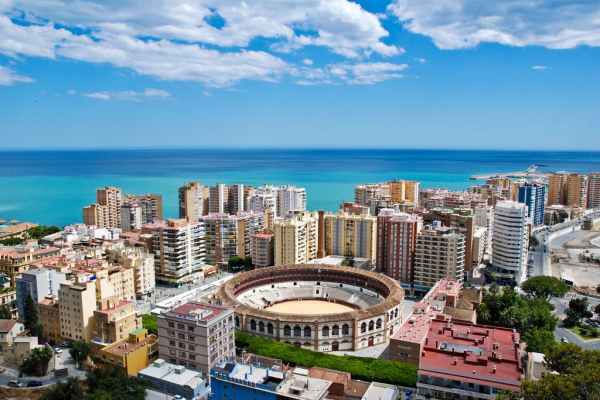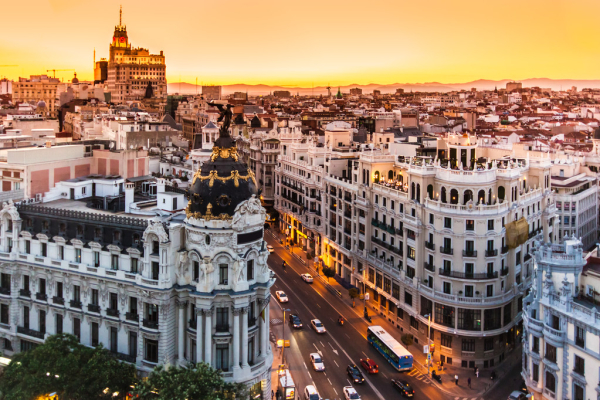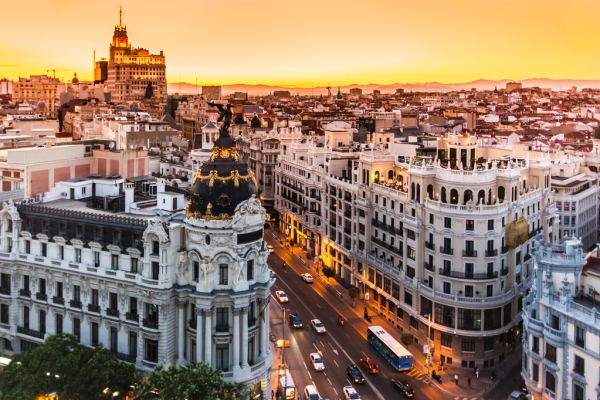Spain
GENERAL INFORMATION
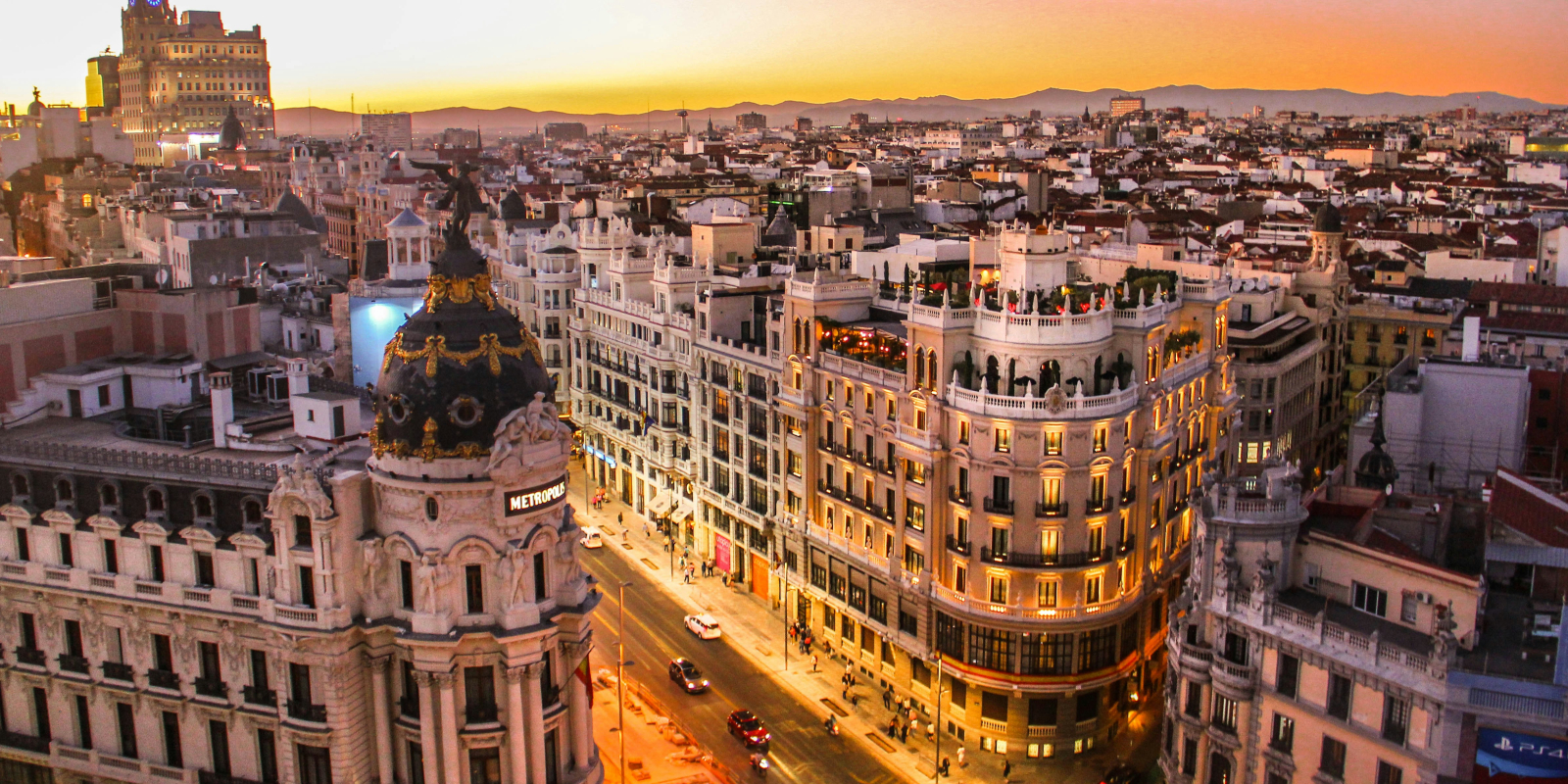
Geography and climate
Spain is located on the Iberian Peninsula, and Spain also owns the Canary and Balearic Islands. It is the second largest country in the European Union - Spain is second in size only to France.
In the north and west, Spain is washed by the Atlantic Ocean, in the south and east by the Mediterranean Sea. Spain shares borders with France, Portugal and Andorra.
The climate of Spain is an absolute advantage of this country. The number of sunny days per year ranges from 260 to 285. Spain is one of the warmest countries in Southern Europe.
In winter, minus temperatures usually occur only in the central and northern regions of Spain. The predominant climate in Spain is Mediterranean.
The average annual temperature on the Mediterranean coast is 20°C. In summer, the temperature in Spain is approximately +25 °C (in the north of the country) and can reach +40 °C (center and south of the country).
Economy and infrastructure
The Spanish economy is the twelfth in the world in terms of nominal GDP. The main sectors of the economy are metallurgy, automotive, food, textile and chemical industries, and tourism.
The key industry in Spain is mining. Mercury and pyrites, silver, uranium and polymetallic ores, as well as gold, quartz, iron and titanium ores, and potassium salts are actively mined.
Spain is the largest producer of wine, olive oil, olives, citrus fruits, almonds, wheat, tobacco and vegetables. The country also has the largest fishing fleet, which provides high volumes of catches.
Rail transport is well developed in Spain, the railway network is more than 17 thousand kilometers of tracks. AVE high-speed trains reach speeds of up to 330 km/h.
In total, Spain has 39 airports on the mainland and 14 airports in the Canary and Balearic Islands.
Standard of living
For 2022, Spain ranks 29th in the ranking of countries in the world in terms of happiness index (the World Happiness Report).
The favorable climate and atmosphere of the country have a positive effect on life expectancy. Life expectancy for the average Spanish citizen is 82 years (according to the Happy Planet Index 2020).
Nature of Spain
Of course, Spain is primarily valued for a comfortable stay by the sea. 8,000 kilometers of the country's coastline are equipped with resorts and recreation complexes.
The eastern part of Spain is surrounded by the Mediterranean Sea, the southern part by the Strait of Gibraltar. The west coast is washed by the Bay of Biscay of the Atlantic Ocean. The Balearic Islands are located in the Mediterranean Sea, and the Canary Islands are located in the Atlantic Ocean.
All resorts have their own characteristics: different types of beaches, different water and air temperatures, noisy or, on the contrary, calm rhythm of life.
In addition to the sea and the ocean, Spain is famous for its mountain ranges. Mountains occupy 90% of the country's area. So, if you like a holiday in the mountains, be sure to take a closer look at Spain.
The Canary Islands are a unique place on Earth in terms of nature. The islands are of volcanic origin and literally consist of the rocks of ancient volcanoes. On the island of Tenerife is the highest point in Spain - Mount Teide (3718 m).
Also, the Canary Islands are valued for the unique plant species that grow here - many of them can no longer be found anywhere else on Earth.
Language and culture
Spanish is one of the most popular languages to learn all over the world. It is the fourth most spoken language in the world (second only to English, Chinese and Hindi). At the same time, Spanish is not very difficult to learn, this language has fairly simple grammar and spelling rules and very clear rules for reading and pronunciation.
The culture of Spain is bright and original, one of the most ancient European cultures. Noisy festivals and unforgettable bullfights are integral parts of Spanish traditions. Historically, the Spaniards love dancing, festivities and fun. These are cheerful open people, easy to communicate and able to enjoy life.
Environmental friendliness
Over the past 30 years, Spain has evolved from an environmentally backward country to a country that many other European countries can follow.
Every year more and more laws are being approved here that contribute to the conservation of rare species of flora and fauna, as well as aimed at improving the ecology in cities. Large cities in Spain are equipped with bike paths, bike rental is organized.
Historical heritage
Spain has an incredibly rich history and heritage. Just think: almost 4% of the UNESCO World Heritage Listings are in Spain! Spain is known for its medieval castles and monasteries. Madrid is home to the Prado National Museum - one of the largest and most important museums of fine arts, containing a huge number of world masterpieces.
Spain gave the world such geniuses as Cervantes, El Greco, Gaudi, Picasso - and this is only a small part of the Spanish culture. You can study it endlessly.
.
Best real estate deals in Spain
By sending a message, you thereby accept the user agreement and confirm that you have read and agree to the privacy policy of this website.







